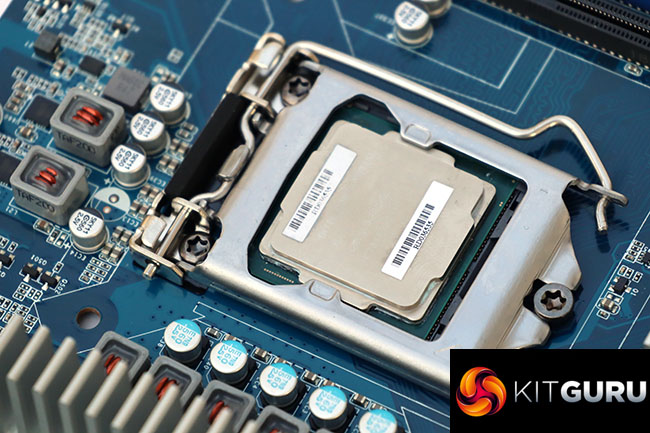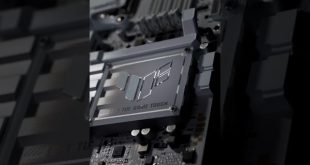The Gigabyte MW32-SP0 is a solid professional motherboard. With the right processor and graphics combination, it can provide competent performance for a 3D modelling or CAD workstation that can do a bit of rendering when needed, but isn't particularly optimised for this. You could achieve even faster graphics performance or GPGPU capability with one or two extra adapters, thanks to the two further 16x PCI Express slots.
If you're putting together a storage server based around SATA drives, this motherboard has plenty of potential here too. You could equip it with a lesser processor that sports integrated graphics and add up to ten SATA drives on top of the NVMe M.2 boot drive, plus an additional U.2 drive.
You probably wouldn't want to use this motherboard as the hub of a database server or network host for virtual machines, however, due to the dual-channel memory and 64GB memory limit, alongside support for processors with a maximum of six cores. You also won't find using the BIOS particularly pleasurable with its old-fashioned text-based interface, although it does include quite a lot of features that will be useful for management.
Overall, though, this is a capable workstation motherboard for Intel Xeon E 2100 series processors with a range of features that will give it a decent range of workstation and server applications.
The MW32-SP0 isn't available in retail yet, but Gigabyte expects it to cost around $410 when it does, which isn't excessive either.
Pros:
- Credible workstation performance with top-end CPU and graphics.
- Two full-speed PCI Express x16 slots plus one running at 8x.
- Supports up to 10 SATA drives, plus M.2 and U.2.
- Two Gigabit Ethernet connections.
- Four USB 3.1 Gen 2 Type A connections on backplane.
Cons:
- Old-fashioned, text-based and keyboard-only BIOS interface.
- Dual-channel memory with 64GB maximum.
- No USB 3.1 Gen 2 Type C connections.
KitGuru says: The Gigabyte MW32-SP0 is a flexible motherboard platform for creating entry-level workstations and servers based around the Intel Xeon E 2100 Series, Core i3, Celeron or Pentium.
 KitGuru KitGuru.net – Tech News | Hardware News | Hardware Reviews | IOS | Mobile | Gaming | Graphics Cards
KitGuru KitGuru.net – Tech News | Hardware News | Hardware Reviews | IOS | Mobile | Gaming | Graphics Cards




